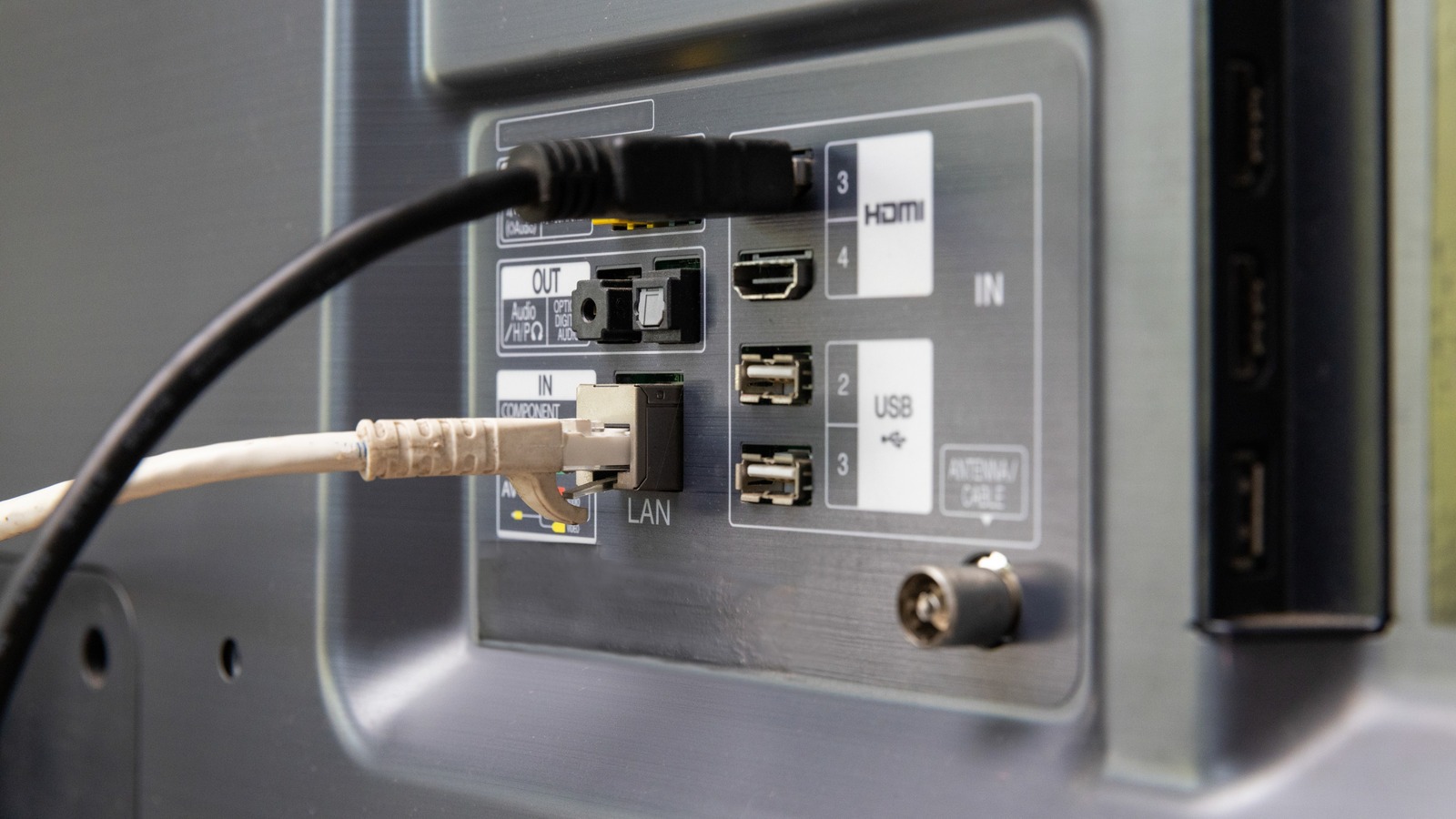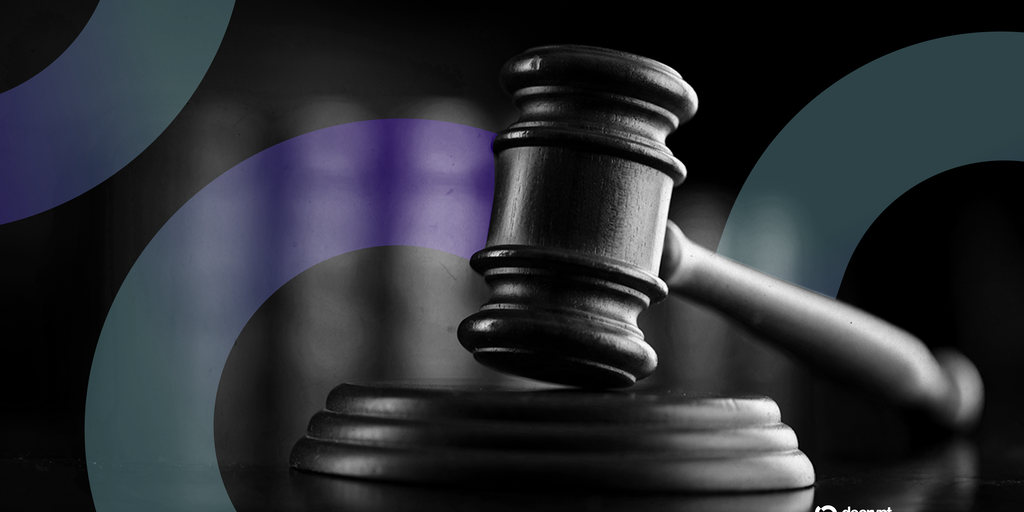By Nichola Murphy
Copyright hellomagazine

Some people with high-powered jobs may be familiar with long work hours, which is never conducive to a good night’s rest. US President Donald Trump is among those who have admitted he doesn’t get the recommended seven to nine hours of shut-eye every night, and while his physician didn’t seem concerned about his minimal sleep, other doctors have warned about the impact his sleep could have on his long-term health. “I’m working long hours, right up until 12 o’clock, 1 o’clock in the morning,” he told Fox News back in 2017, before admitting he wakes up at 5 am, allowing himself as little as four hours of sleep. Meanwhile, Trump’s physician, Ronny Jackson, previously confirmed: “I would say he sleeps four to five hours a night. He’s probably been like that his whole life. He’s just one of those people who just does not require a lot of sleep.”
Sleep is a time of rest and repair for the body, allowing the brain to consolidate memory and improve problem-solving skills, and the body to repair tissues and restore energy. But with limited time, more people are turning to sleep hacking. The question remains: is Donald Trump a sleep hacker who could suffer from “accelerated ageing” and “increased risk of cardiovascular disease”, or one of the rare few people who are “natural short sleepers”?
What is sleep hacking?
According to Health, Wellness & Longevity Expert, Dr. Mark Kovacs, sleep hacking “attempts to compress or manipulate the body’s natural sleep cycle (often through stimulants, polyphasic patterns, or technology).” While he pointed out there are obvious health concerns that could arise from this in the long-term – including “increased risks for cardiovascular disease, metabolic dysfunction, impaired immunity, and accelerated ageing” – he added that “the picture is not entirely one-size-fits-all.”
Explaining the exception to the 7-9 hour rule, Dr. Mark explained: “There is significant individual variability in sleep need, influenced by genetics, age, health status, and lifestyle. Research on short sleepers shows that a small percentage of the population (sometimes called ‘natural short sleepers’) carry genetic variants (such as DEC2 mutations) that allow them to function optimally on 5-6 hours of sleep without the same health consequences.
“We also know that some of the world’s highest-functioning individuals (executives, medical and legal professionals, entrepreneurs, inventors, etc) appear to consistently perform well with less than 8 hours per night. However, they represent the exception rather than the rule.”
Long-term health risks
Poor sleep over an extended period of time can spell disaster for both your physical and mental health. “For the majority, reducing sleep leads to impaired hippocampal memory consolidation, reduced glucose metabolism in the prefrontal cortex, and elevated cortisol and sympathetic activity. This contributes to slower reaction times, impaired decision-making, and emotional instability in the short term. This chronic shortened sleep creates a greater risk of obesity, diabetes, cardiovascular disease, and neurodegeneration in the long term,” Dr. Mark said.
Pointing out some ways to help optimise your sleep, he suggested consistent bed/wake times, reducing evening blue-light exposure, keeping your bedroom cool (between 16 and 20 degrees Celsius), and avoiding caffeine or alcohol too close to bedtime. While these are some of the most evidence-backed and widely reported ways to get better rest at night, they are not the only solutions you could try if you struggle with sleep. As someone who is notoriously bad at drifting off (and staying asleep throughout the night), I’ve regularly researched the newest and most effective strategies, and tried almost everything…
How to get more quality sleep
Sleep expert and Director of Research at Longevity, Christopher Heywood, opened up about some of the do’s and don’ts if you want quality sleep – I’m certainly guilty of some of these bad habits!
Breathe comfortably: Nasal strips can help prevent congestion and snoring.
Try mouth taping: Gently taping your lips closed before bed can encourage nasal breathing throughout the night, which humidifies and filters the air, supports optimal oxygen exchange, and promotes a steadier, calmer breathing pattern. Nasal breathing reduces snoring, improves sleep quality, and can even help with dry mouth or sore throat in the morning. However, it should be approached carefully, especially if you have sleep apnea or nasal blockages.
Consider a blackout blind: A light room can disrupt circadian rhythms and make it difficult to fall asleep, especially in summer when there are longer days. Applying a blackout blind to the window will help your brain switch off quicker.
Try the military method: Start by trying to relax every muscle in your face, then release the tension from your shoulders and eventually your entire body. Let your hands fall naturally wherever is comfortable. Exhale and clear your mind for 10 seconds. You can do this by thinking of a fond memory or a relaxing scene. If you struggle to switch off, you can try saying “don’t think’ over and over.
Sleep gaslighting: The technique convinces your brain that you need to get up and out of bed to perform a specific task, such as cleaning the kitchen, putting away clothes, or using the bathroom – even if you don’t have to. This method is said to make your bed feel even more comfortable and replicate the feeling of wanting to stay in bed when your alarm goes off in the morning.
Go to bed unless you are tired: Relaxing in bed on your phone or watching TV will prevent you from falling asleep when you are ready. You should associate your bed with sleep, so setting a routine to stay away from your bed unless you intend to go to sleep will help your brain drift off more easily.
Overthink: If you suffer from overthinking when your head hits the pillow, this may be preventing you from falling asleep. The best way to combat this is to switch your concentration to something else. Similar to counting sheep, you can start to think out your timetables in your head. You should fall asleep in under 10 minutes.



